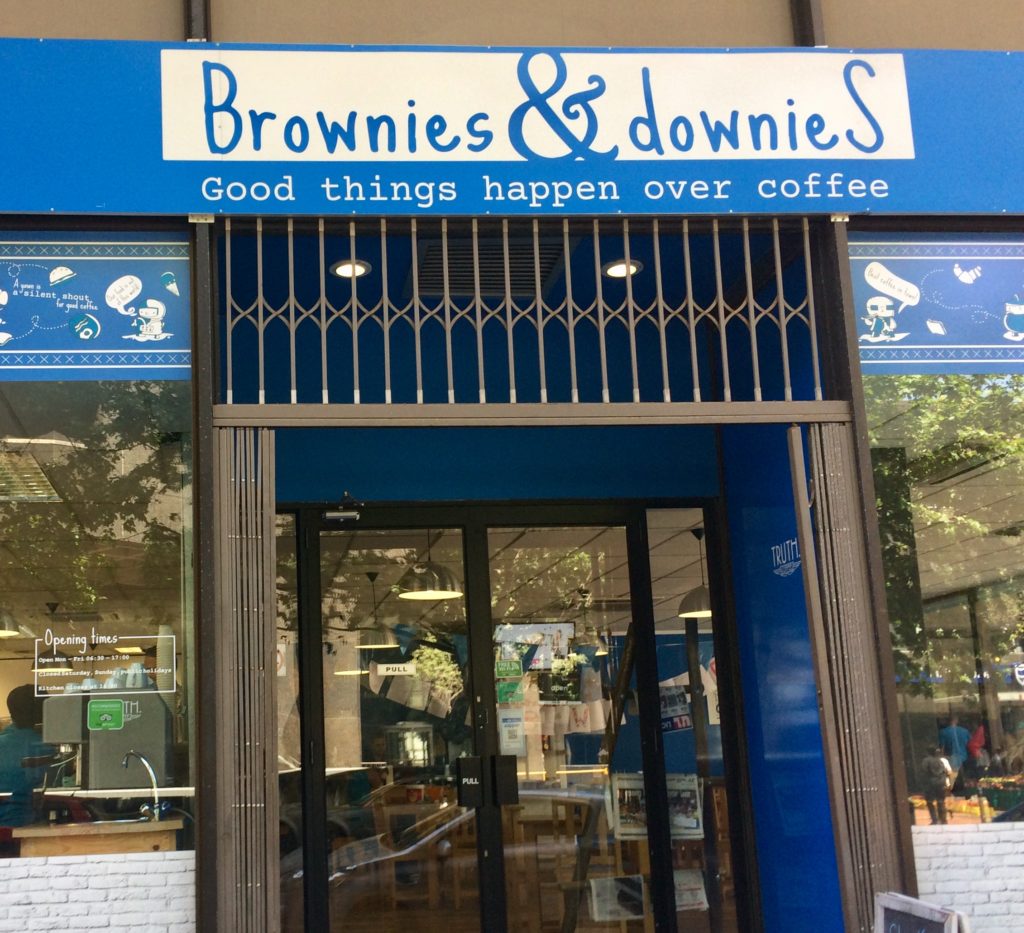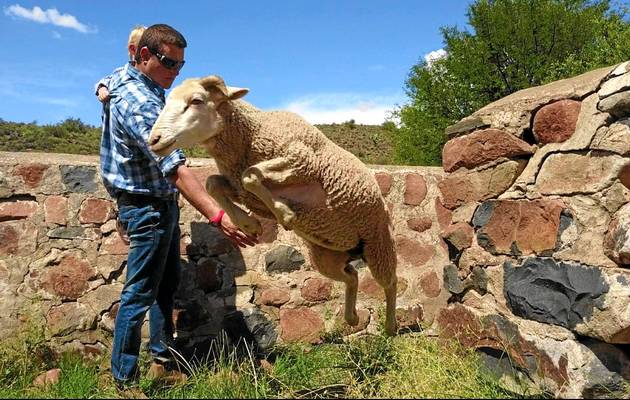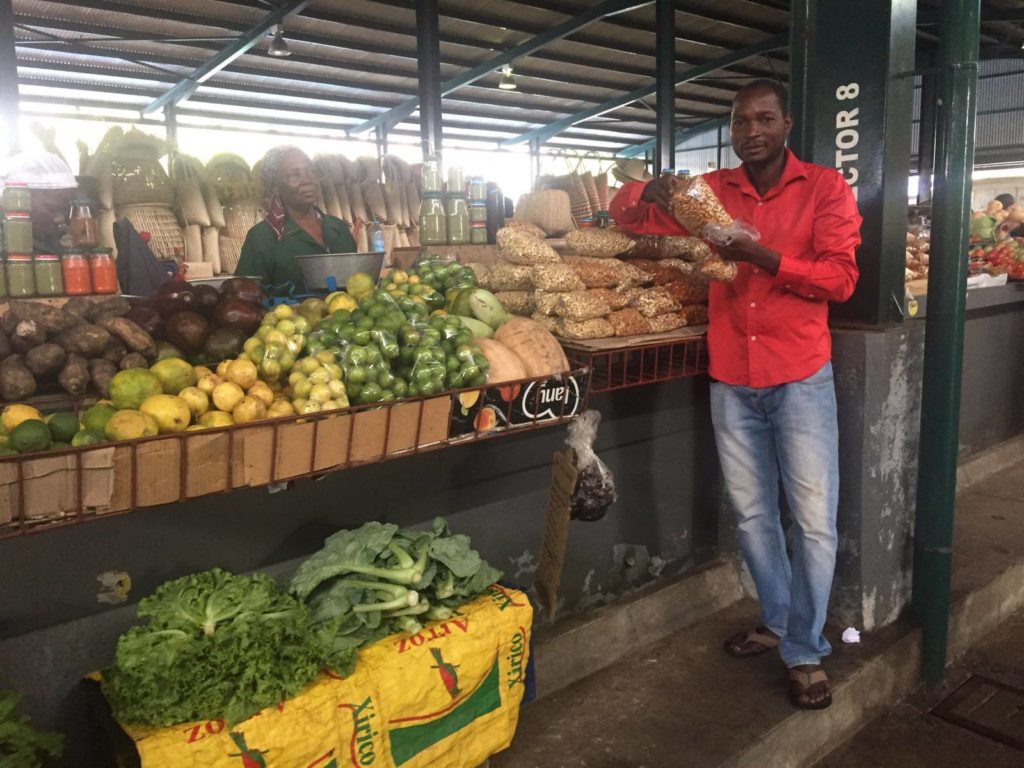The award is almost sweeter than the brownies they serve. Cape Town cafe Brownies & Downies is the winner of the SAB Foundation’s Disability Empowerment award for 2017.
“We are very excited. The day after we won the award it was hard to stay focused‚” said manager Wade Schultz. “All the trainees and everyone were dancing and cheering in the store.”
The restaurant was crowned this month and with it came R1-million for having come up with a way to improve the employment of disabled people. Read More








